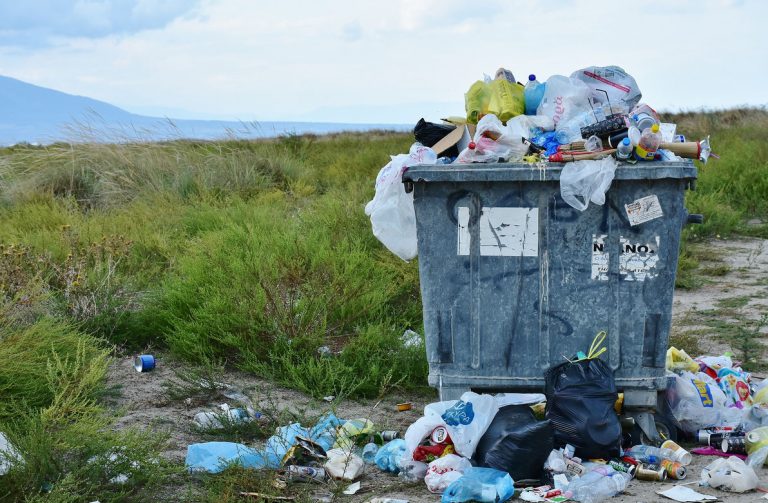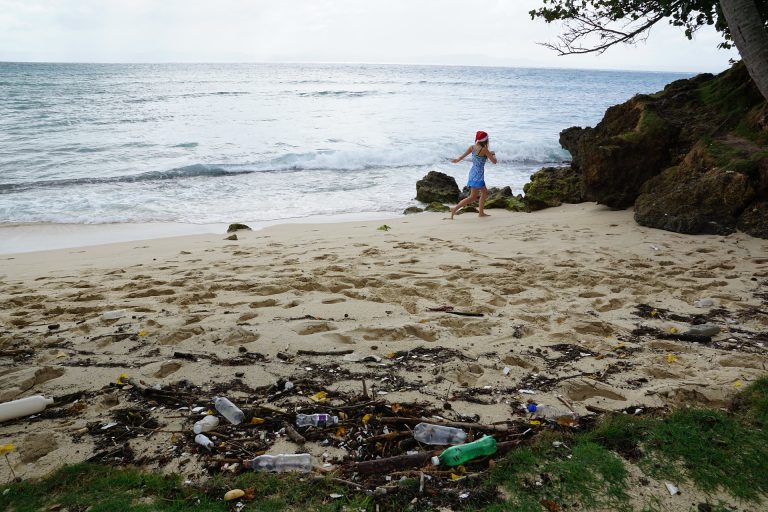
Consumption based facts:
- Amount of plastic produced between 1950 and 2015, in million tons: 8300
- Share of sorted out plastic, that was thrown away or burned: 68,7%
- Share of sorted out plastic, that was recycled: 7,2%
- Share oft sorted out and recycled plastic, that is still used today: 1,2%
- Average lifespan of a plastic bag in Germany: 25 minutes
- Average recycling rate of plastic bags in Europe: 7%
- 62% of plastic waste in Europe consists of single-service packaging
- Even „biodegradable“ plastics remain in the oceans for a long time, as they are designed to be degraded by microorganisms at landfills. However these microorganisms can´t survive in saltwater
Those statistics are part of a study that was first published in “Science Advances” in 2017. You can find the study here.
Environment based facts:
- Weight of the plastic reaching the oceans each year: 10 million tons (=71.400 blue whales)
- Weight of all plastic in the oceans: 86-150 million tons
- Between 60 to 90% of garbage in and at the oceans is plastic
- Average number of plastic pieces at the water surface: 13.000 pieces/km2
- Most plastic (up to 99%) either floats inside the water column or lies at the ocean floor – not at the water surface.
- In many parts of the oceans there is up to 6 times more plastic than plankton
- Yearly ca. 1.000.000 seabirds and 100.000 marine mammals die due to contact with plastic
- One meal of shellfish contains ca. 90 particles of micro plastic
- Time a plastic bottle takes to be fully decomposed: 450 Years.
How long fishing lines, T-Shirts and other things take to be decomposed was summarized by the German Federal Environment Agency in this Graphic.


